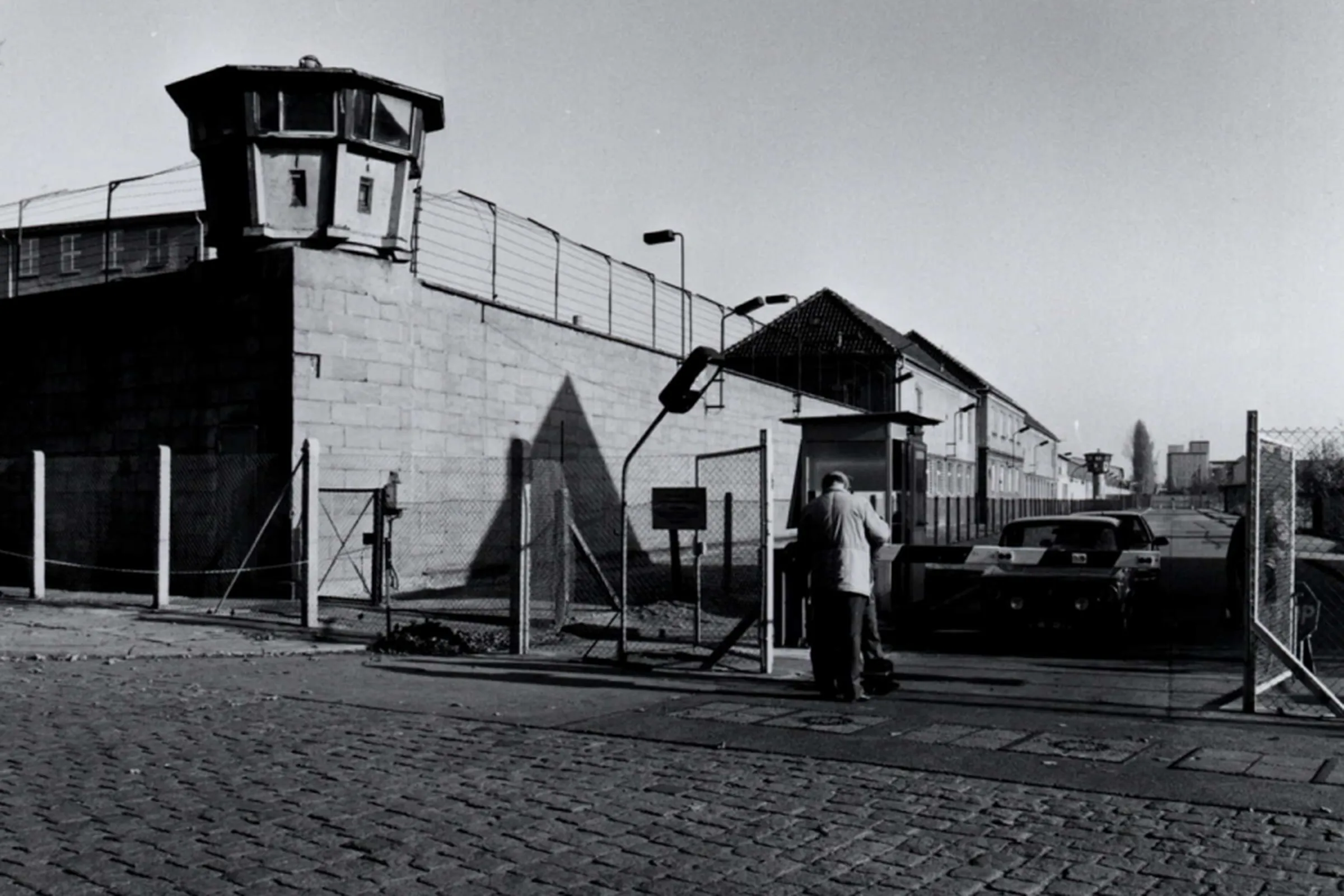While more and more people demonstrated on the streets in autumn 1989, resistance grew among those who were politically imprisoned, and with it the pressure on the GDR government. Two amnesties in October and December 1989 saw these prisoners gradually released. But when the Berlin Wall came down on 9 November 1989 and countless people streamed across the GDR’s now open border crossings, some of the political prisoners were still in jail.
What was the situation like in East German prisons at the time? What did the prisoners realise about the upheavals outside? At the Berlin-Hohenschönhausen Memorial, contemporary witnesses talk about what the fall of the Wall meant to them and what happened afterwards. What happened to the GDR prisons after the end of the GDR?
Moderation: Isabel Fannrich (freelance journalist)
In co-operation with the Berlin-Hohenschönhausen Memorial
Manfred Haferburg, released from the Berlin-Hohenschönhausen remand prison on 1 November 1989
Birgit Schlicke, imprisoned in Hoheneck on 9 November 1989 and released 8 days later
In cooperation with the Berlin-Hohenschönhausen Memorial.
You can reserve tickets by emailing [email protected]. Further information on the event can be found on the website of the Berlin Wall Foundation.
Social Media
